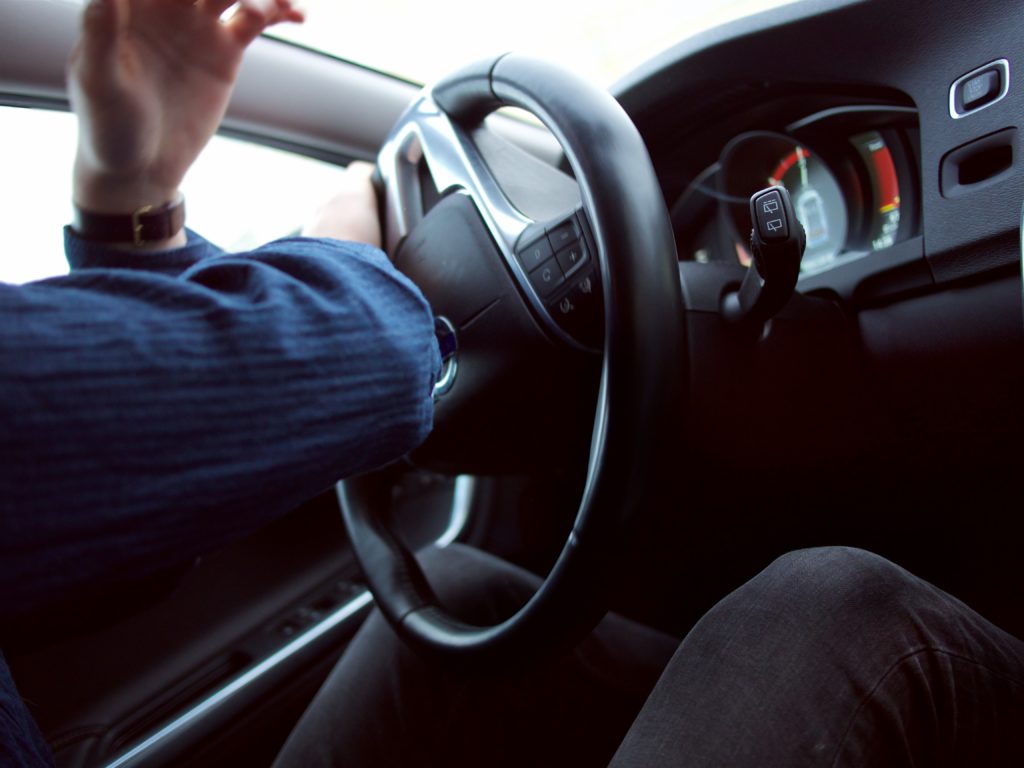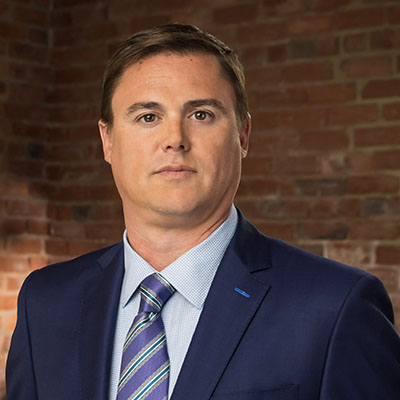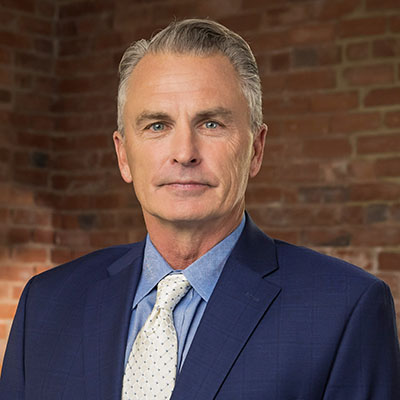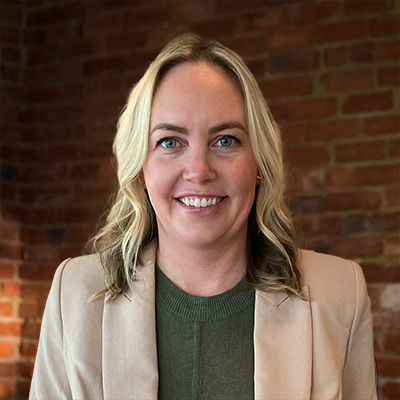When you or someone you know is involved in a motor vehicle accident, claims for bodily injury make sense. The at-fault driver has an obligation to pay full and fair compensation to return the injured person to their pre-accident condition. Simply put, if your negligence causes an accident you have a legal obligation to make things right with the person you harm. In most cases, identifying information is exchanged at the accident scene and a claim is made with the at-fault individual’s insurance company. Cases are settled or lawsuits proceed to trial. In rare instances such as hit-and-run, however, the at-fault party cannot be identified. What happens then?

Under Virginia law, a claim for personal injuries against an unidentified or unknown motorist can be brought against John Doe. [1] In these situations, John Doe simply stands in the shoes of the defendant until the matter is resolved. If the claim proceeds into litigation and ultimately goes to trial, John Doe’s defense attorney sits next to an empty chair for the entirety of the proceeding. While it is clear that the ability to bring claims and lawsuits against John Doe protects the rights of Virginians injured through no fault of their own, who pays for the damages?
Virginia law provides that every policy of liability insurance covering a motor vehicle afford uninsured motorist protection to the policy holder, their passengers and their resident relatives. Absent a written waiver, this uninsured motorist protection shall equal but not exceed the limits of liability coverage. [2] In lay terms this means that if you purchase $100,000 of per person liability coverage to protect yourself in the event that you cause an accident, you have also purchased $100,000 in protection if you are injured by an unidentified driver. Returning to our discussion above, under these facts, John Doe would have $100,000 of insurance coverage available for payment to you. In light of the fact that John Doe has the same insurance coverage you enjoy, how will the claim be handled?
Your claim for bodily injuries against John Doe is sent to your own insurance company and the assigned adjuster will evaluate the claim and negotiate a proposed settlement in exactly the same manner as they handle claims against known individuals. If settlement cannot be reached and the case proceeds to litigation, your insurance company will provide an attorney who will use any legally available defense in representing John Doe. Of course, there will be no defendant available to testify. However, John Doe’s defense attorney may call eye-witnesses, hire experts to contest your medical damages. They might also claim that you were contributorily negligent. If they can prove that you were at fault for the accident by as little as 1%, then they are not required to compensate you for your injuries under Virginia law.
Assuming you succeed in recovery, will the fact that your insurance company is paying for your damages affect your premiums? The answer is no. According to the Virginia State Corporation Bureau of Insurance, an insurance company may not raise your annual premiums in the event that payments are made for an accident in which you were not at fault. [3]
At the end of the day, if you or someone you know is injured in a motor vehicle collision by an unidentified motorist, the law allows you to file your claim and litigate your case against John Doe. Your insurance company will pay any settlement, defendant any civil action and pay any judgement up to your policy limits and your annual premiums will not be affected. The experienced attorneys of Allen and Allen handle claims against John Doe on a regular basis. Call us for a free consultation.
About the Author: Chris Toepp is a Fredericksburg, VA personal injury lawyer dedicated to helping people who have been injured by the negligence of others. He is experienced in handling personal injury cases involving car crashes. Chris works in the Fredericksburg, Virginia office of Allen & Allen and serves clients across Northern Virginia and Central Virginia.
[1] See Va. Code § 38.2-2206(E)
[2] See Va. Code § 38.2-2206(A)
[3] See The Virginia Auto Insurance Consumer Guide available online at: https://www.scc.virginia.gov/boi/pubs.aspx#autoinsurance




